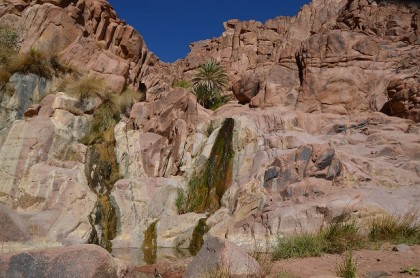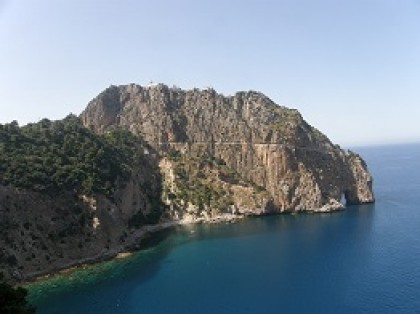
Welcome to the second issue of the IPAMed Network Newsletter. In recent months, partners of the IPAMed project have put considerable efforts into reporting activities and spending during the second half of 2015, and we are extremely impressed by your efforts to engage people in plant conservation and grateful for your prompt reporting.
|

Communities and civil society organisations are frequently confronted with threats to their IPAs, from developments planned within them and nearby. Two key policy and legal tools are particularly useful for dealing with such threats. First, for countries that are part of the EU, or are seeking accession, such as those in the Balkans, the EU Nature Directives provide powerful safeguards for IPAs that are also (or are likely to become) Natura 2000 sites.
|
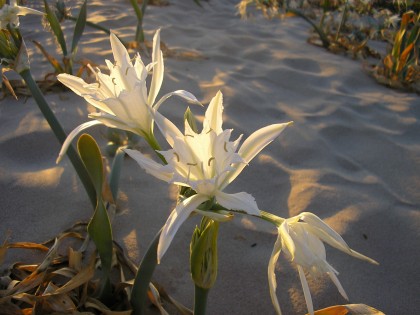
During 2015, Important Plants Areas partners in the Balkans and Turkey tested the Species Monitoring Protocol developed during the October 2014 Ulcinj workshop. The results of this first year of testing will be summarised by IPAMed partners and uploaded to the IUCN-Med Document Platform shortly. Plantlife partnered with the IUCN Centre for Mediterranean Cooperation (...)
|
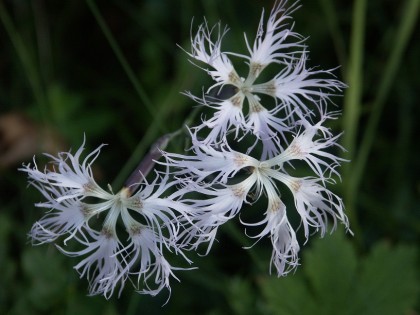
We are delighted to welcome Dr Ivis Chan who will starts in April as the new Project Officer for the Natural Networks in the Balkans and Turkey following Steve Jones' departure. She would be involved in the IPAMed project. Ivis has a PhD in Ecology from Bournemouth University (looking at tree diversity for conservation planning in the Mesoamerican region) and excellent practical experience having worked on large multi- partner projects to improve the management of important areas.
|
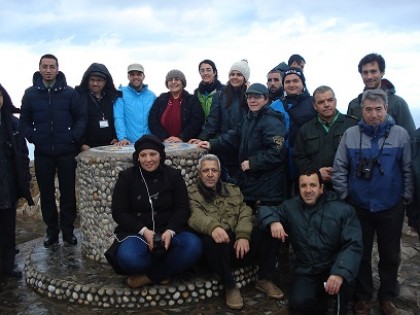
Between the 18th and 19th of January 2016 a IPAMed project kick-off meeting took place in Bejaïa, Algeria. 25 participants (scientist, staff from Direction Generale des Forêts, managers of Wilayas, Directors of Protected Areas, local NGOs and staff from UICN-MED), have spent two days discussing and developing together a working programme for plant conservation in IPA Gouraya (National Park/Biosphere Reserve) and in IPA Aures Chelia.
|
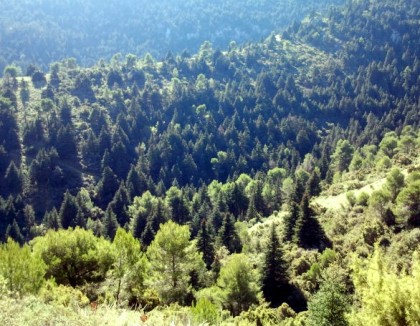
Following the IPA Habitat mapping workshop in Tolox last year, the discussions and comments have been incorporated into a new methodology handbook. The handbook plus an analysis of habitat mapping in the south and east Mediterranean region are both available (in English and in French) from the Centre for Middle Eastern Plants IPA Med Documentation Platform.
|
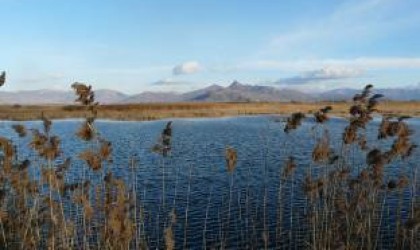
Prespa Lake is set within a beautiful landscape including two islands extensive wetlands and is surrounded by mountains which keep the water calm. A diverse ecosystem has evolved molded over the centuries by nature and people. Situated in the southwestern part of Macedonia, Prespa Lake is bounded by Albania and Greece and is one of the 13 transboundary IPAs in Macedonia and enjoys good recognition a wider interest from international partners.
|

The XV OPTIMA meeting will be held in Montpellier (France) from 6th to 11th of June 2016 with the partnership of Tela Botanica, the Conservatoire Botanique National Méditerranéen de Porquerolles and the University of Montpellier. Every 3 years, OPTIMA, the Organization for the Phyto-Taxonomic Investigation of the Mediterranean Area, organize a general meeting in a Mediterranean country.
|
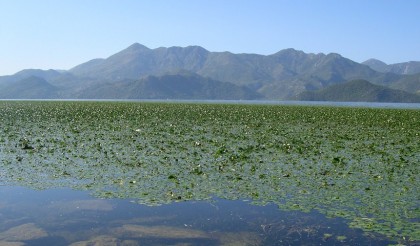
Between the 24-28 October 2016 many of you will gather on Montenegro's Mediterranean coast for the Mediterranean Plant Cosnervation Week. Hosted by the Green Home ong, our partner spearheading work at IPAs in Montenegro, this Workshop will provide an opportunity to exchange experience across North Africa, the Middle East, Turkey and the Balkans - and to visit several IPAs in Montenegro.
|
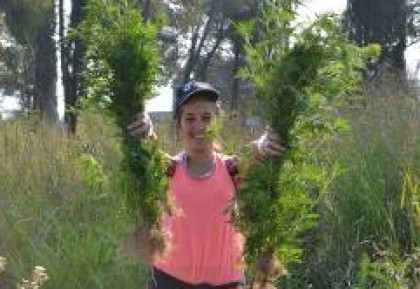
Milica Jovanović, 22 years old - volunteer, biology student
1. What motivated you to became volunteer on this project?
The main motivation is the idea of volunteering, the possibility to learn more about nature and about yourself. Especially because I am biology student I enjoyed being part of this project. In particular, I would point out the influence of the representatives of the NGO Green Home, which made us additionally interested to apply for volunteering during the first presentation of the project at the Department of Biology, Faculty of Science.
|

Dragana Saveljić, 23 years old - volunteer, biology student
1. What motivated you to became volunteer on this project?
Motivation to become a volunteer was the desire to get involved with other activities besides studying. I am very interested in learning about plants so, one more reason for volunteering was the fact that the project is related to plants and habitat protection. Also, I live in Podgorica, which is only half an hour drive away from Scadar Lake, which is my favourite place in Montenegro and I was pleased to participate in conservation actions in this area.
|



